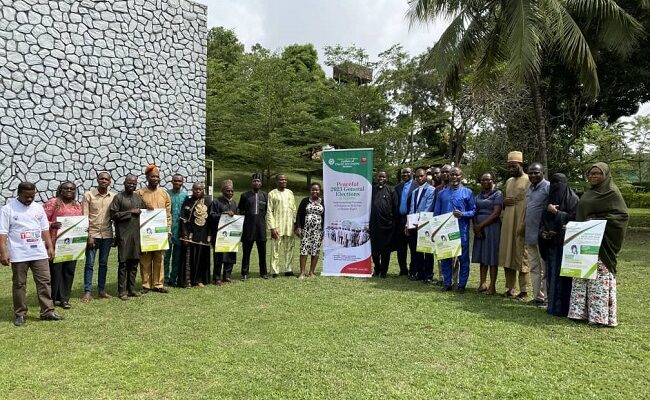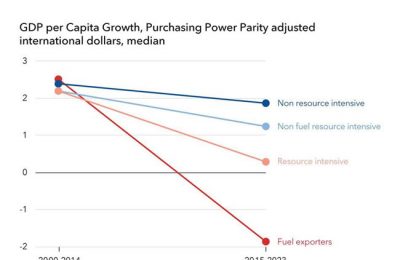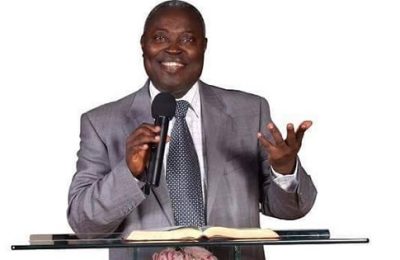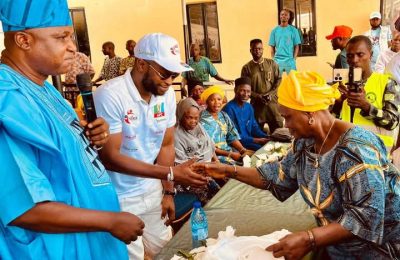
Politicisation and weaponisation of religion have been condemned and described as an act that portends great danger for Nigeria while the colour of secularism with which some citizens erroneously paint the nation is being rejected because Nigeria has a multi-religious nature.
Religious leaders have also been urged to use their moral authority to serve the interest of the whole nation by promoting positive values, exemplary leadership, good governance, social justice and equity, national integration and peaceful co-existence as the conscience of the polity.

This call was part of the recommendations raised in a communique issued at the end of an inter-faith consultative meeting organised by the Institute of Church and Society (ICS), the research arm of the Christian Council of Nigeria (CCN), with the strategic support of Faith for Peace Initiative (FPI)
The meeting was in furtherance of its mission to promote peaceful co-existence among people of different faiths and as part of its contribution to the achievement of peaceful general elections in 2023.
According to the meeting, which featured selected Christian and Muslim leaders, Nigeria is not a secular state as the 1999 Constitution of the Federal of the Republic of Nigeria (as amended) did not declare the country as such.
The meeting amplified the importance of Freedom of Religion or Belief (FoRB) in a multi-cultural society like Nigeria and urged religious leaders to embrace FoRB as a tool for peaceful co-existence in the country while it observed that there exists a poor appreciation of the utility of Freedom of Religion or Belief (FoRB) by many religious leaders in Nigeria and there is half-hearted commitment to inter-faith engagement by many religious leaders which makes inter-religious harmony a difficult task.
The meeting, hosted by Very Rev Kolade Fadahunsi, Director of the Institute with the duo of Mallam Tajudeen Alabede, Director of Faith for Peace Initiative (FPI), and Very Rev Segun Babalola, PhD, Chaplain of the All Souls’ Chapel, Obafemi Awolowo University, Ile Ife, Osun State aa facilitators noted that public institutions with the mandate to promote national integration towards the achievement of peaceful co-existence among Nigerians have not lived up to expectation.
While highlighting that fake news, hate speech, politicisation of narratives and unprofessional practices are rife in the media space, the meeting said It is not the duty of religious bodies and leaders to interfere with internal decisions of political parties or use these to put pressure on the nation’s already fragile social fabrics.
ALSO READ FROM NIGERIAN TRIBUNE
“In the same vein, political leaders should embrace politics of inclusion rather than politics of patronage. They should show sensitivity to and respect the religious plurality of the nation and project this both in politics and governance.
“While censorship offers no helpful solution, religious leaders should place God at the heart of their preaching and avoid sensationalism. While they have the right to exercise their political rights, they should, however, avoid using their hallowed pulpits for partisanship.
“Candidates for elective positions at all levels in the 2023 elections should present to the electorate their agenda for national integration and peaceful co-existence in Nigeria,” it concluded.







